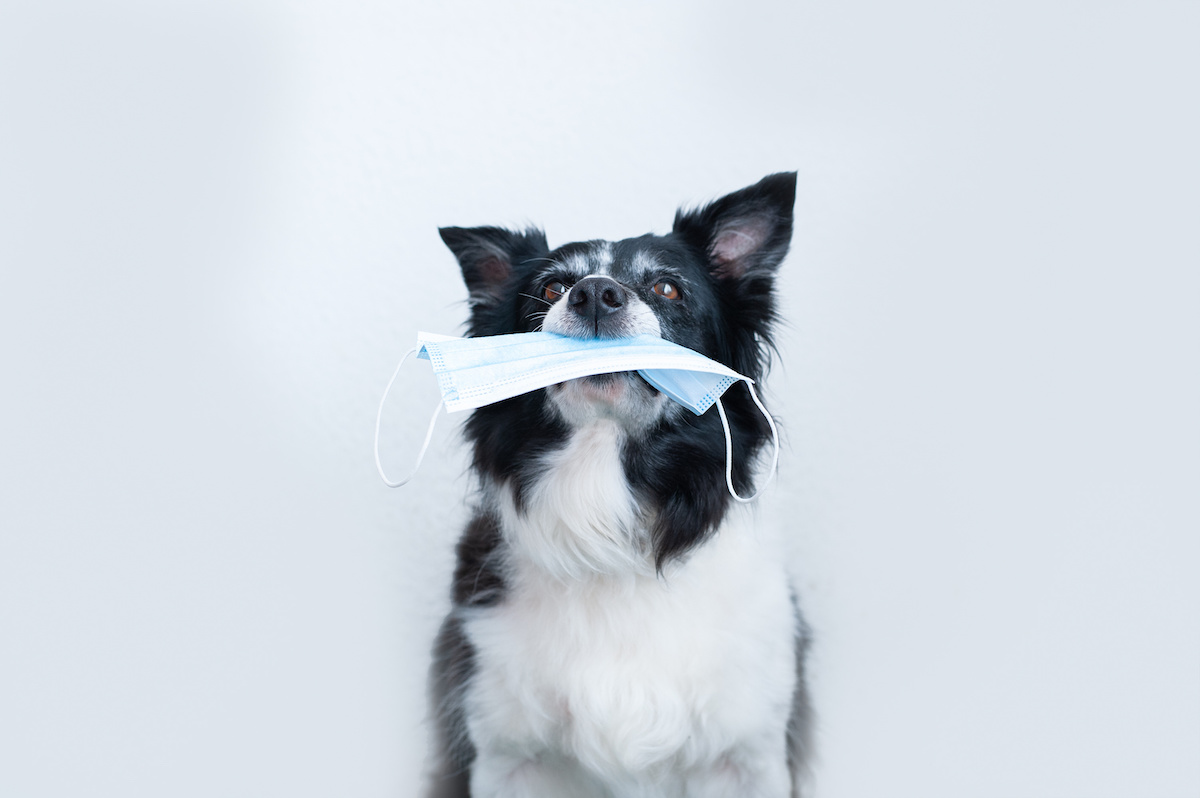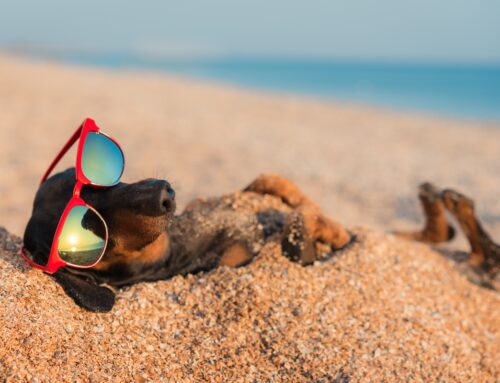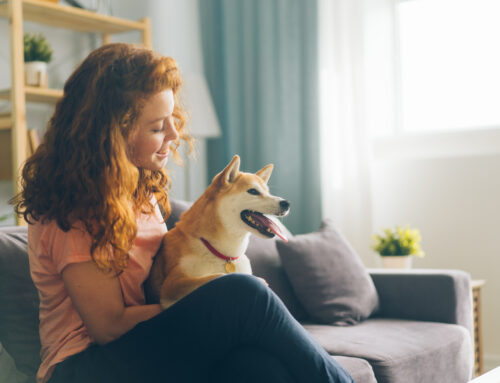Coronaviruses are a large family of viruses. The coronaviruses cause cold-like illnesses in people, while others cause illness in certain types of animals, such as cattle, camels, and bats.
Other coronaviruses, such as canine and feline coronaviruses, infect only animals and do not infect humans. Some coronaviruses that infect animals can be spread to humans and then spread between people, but this is rare.
The first reported infections were linked to a live animal market, but the virus is now spreading from person to person. SARS-CoV-2 spreads mainly from person to person through respiratory droplets from coughing, sneezing, and talking. At this time, there is no evidence that animals play a significant role in spreading the virus that causes COVID-19.
Have There Been Any Animal Infections?
More studies are needed to understand if and how different animals could be affected by COVID-19. The first US case of an animal testing positive for COVID-19 was a tiger at a NY zoo. We are still learning about this virus, but it appears that it can spread from people to animals in some situations, especially after close contact with a person with COVID-19.
We know that cats, dogs, and some other mammals can be infected with SARS-CoV-2, but we don’t yet know all of the animals that can get infected. There have been reports of animals being infected with the virus worldwide. A small number of pet cats and dogs have been reported to be infected with SARS-CoV-2 in several countries, including the United States.
How Covid Can Affect Larger Animals
Large cats in captivity have tested positive for SARS-CoV-2. Several lions and tigers in a New York zooexternal icon, a puma in South Africa, and tigers in a Tennessee zoopdf iconexternal icon tested positive for SARS-CoV-2 after showing signs of respiratory illness. It is suspected that these large cats became sick after being exposed to zoo employees with COVID-19.
SARS-CoV-2 infection in farmed mink has been characterized by respiratory disease and increases in deaths. Because some workers on these farms had COVID-19, it is likely that infected farm workers were the initial source of the mink infections. Once the virus is introduced on a farm, the spread can occur between mink as well as from mink to other animals on the farm.
However, reports from infected mink farms in the Netherlands and Denmark suggest that in these environments there is the possibility for the spread of SARS-CoV-2 from mink to humans. Worker safety is critical to protect people and animals on mink farms. Mink farmworkers should follow available guidance for farmed mink and other mustelids to avoid introducing SARS-CoV-2 to mink on farms.
What’s Being Done?
Many studies have been done to learn more about how this virus can affect different animals. Recent experimental research shows that cats, dogs, ferrets, fruit bats, hamsters, and tree shrews can become infected with the virus.
Data from studies suggest that dogs can get infected but might not spread the virus to other dogs as easily as cats and ferrets can spread the virus to other animals of the same species. A number of studies have investigated non-human primates as models for human infection.
Rhesus macaques, cynomolgus macaques, Grivets, and common marmosets can become infected with SARS-CoV-2 and become sick in a laboratory setting.
These findings were based on a small number of animals, and do not show whether animals can spread the infection to people.
More studies are needed to understand if and how different animals could be affected by COVID-19. CDC, USDA, state public health and animal health officials, and academic partners are working in some states to conduct active surveillance of SARS-CoV-2 in pets, including cats, dogs, and other small mammals, that had contact with a person with COVID-19.
This work is being done to help us better understand how common SARS-CoV-2 infection might be in pets as well as the possible role of pets in the spread of this virus.
How to Keep Your Pet From Getting Sick or Getting You Sick
Infected pets might get sick, or they might not have any symptoms. Of the pets that have gotten sick, most only had mild illness and fully recovered. Until we learn more about how this virus affects animals, treat pets as you would other human family members to protect them from possible infection.
Keep cats indoors when possible and do not let them roam freely outside. Walk dogs on a leash at least 6 feet away from others. Avoid public places where a large number of people gather. Do not put a mask on pets. Masks could harm your pet. There is no evidence that the virus can spread to people from the skin, fur, or hair of pets.






